Schools & Colleges

This Summer, Don’t Let Dehydration Ruin Your Workout
Sports medicine physician Hallie Zwibel, D.O., shares tips to stay hydrated during summer exercise.
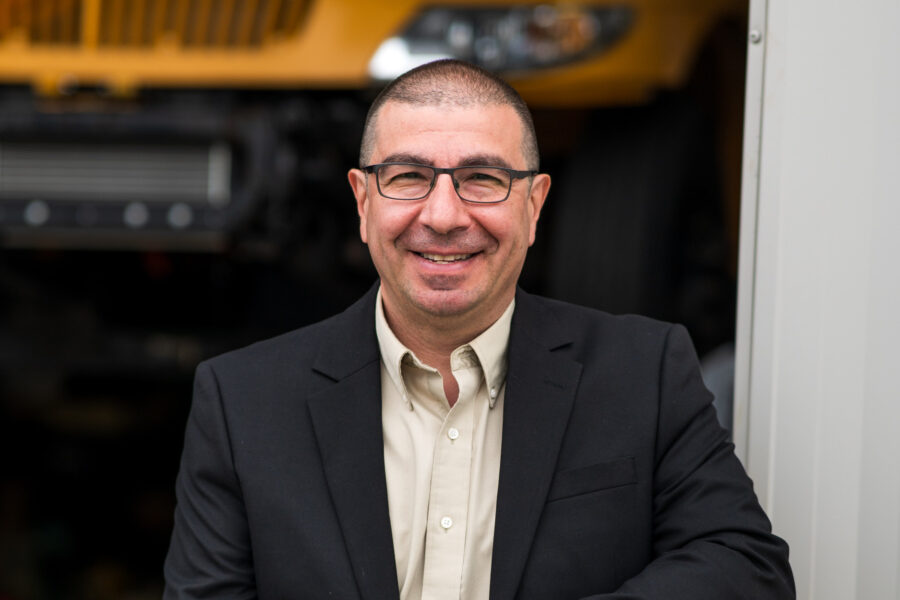
Not Afraid to Get His Hands Dirty
Joseph Ambrosio (B.S. ’94) came to New York Tech because he wanted a hands-on education. Today, he’s paying it forward as a member of the College of Engineering and Computing Sciences Dean’s Executive Advisory Board.
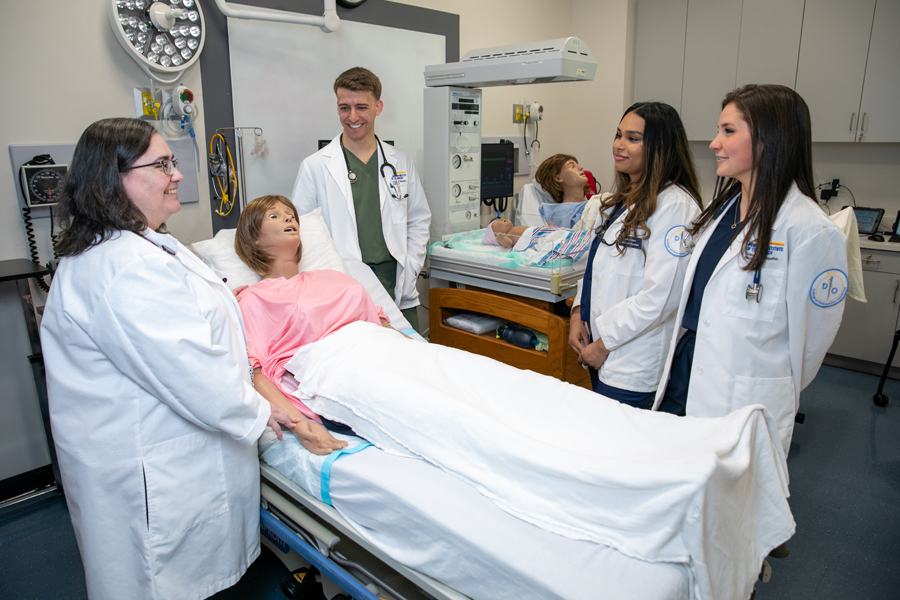
The Ferrara Center for Patient Safety and Clinical Simulation Achieves Full Accreditation in Human Simulation
The center received full accreditation from the Association of Standardized Patient Educators, joining an elite group of institutions dedicated to advancing the science and art of simulation-based education for future healthcare professionals.
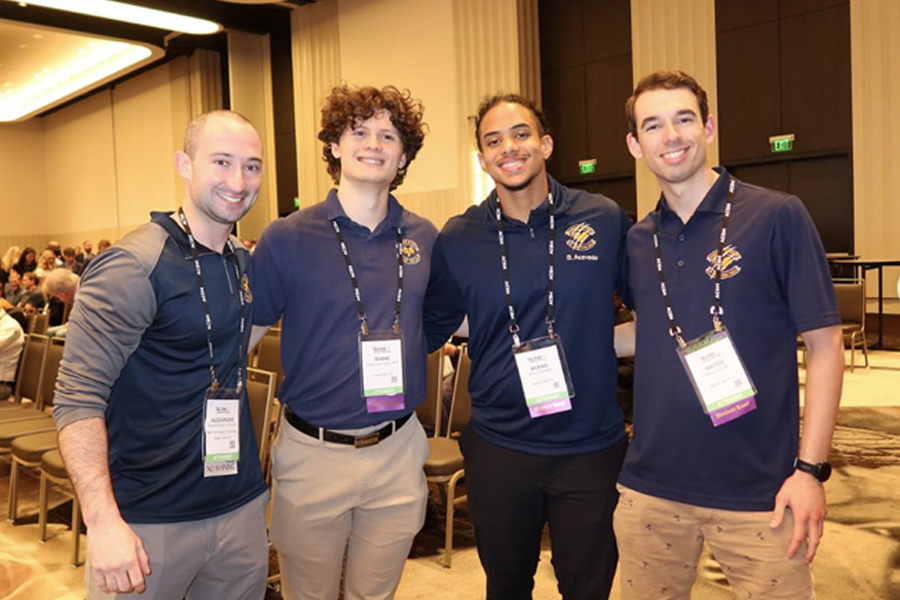
Dedicated to the Pursuit of Knowledge
Students and alumni from the College of Arts and Sciences, School of Health Professions, and College of Osteopathic Medicine shared research findings at impressive industry conferences.
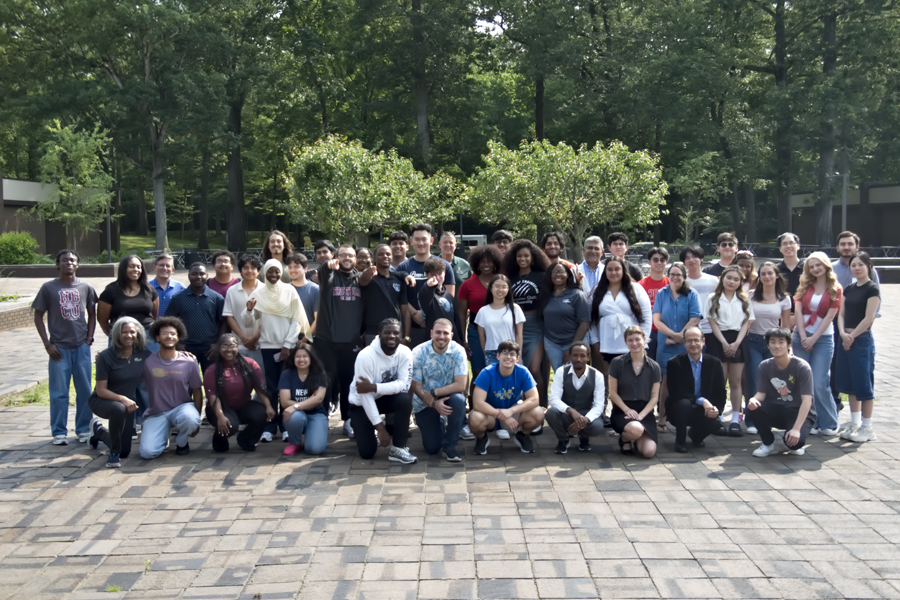
Students Learn About Spectrum Technology From Industry Experts
Industry leaders, faculty, students, and staff from universities across the country gathered on the Long Island campus for Spectrum Sizzle, an undergraduate spectrum workshop funded by the National Science Foundation.
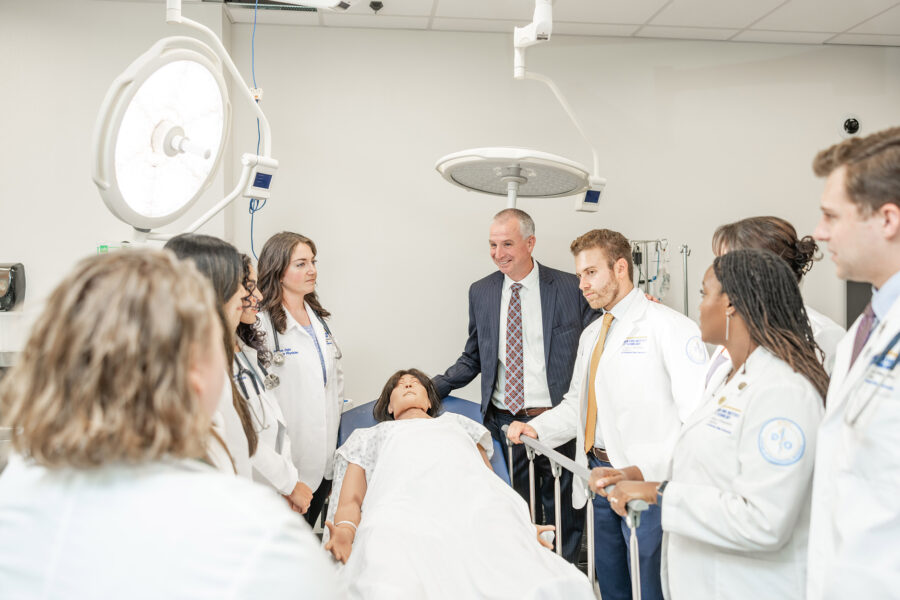
NYITCOM-Arkansas Generates $44.6 Million in Economic Impact
In a recent study, NYITCOM-Arkansas’ economic impact supports 263 jobs and operations that result in $2.2 million in additional state and local taxes.
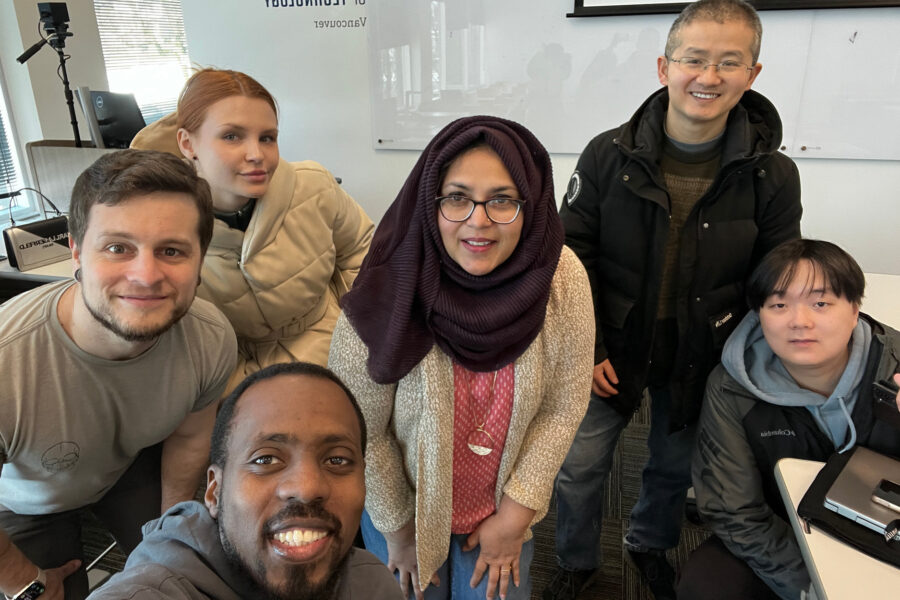
Cybersecurity Graduate Students Rank 25th in MITRE’s eCTF 2025 Competition
First-time participants, 10 cybersecurity students from the Vancouver campus break into the global top 25 in prestigious Embedded Capture the Flag (eCTF) challenge.

Understanding the Cellular Underpinnings of Obesity
In his research, Assistant Professor Henry Ruiz, Ph.D., is looking to understand what makes fat cells grow, which could lead to new and improved obesity treatments.

Entrepreneur, Treasurer, and Robotics Designer
When computer science student Gunn Aggarwal devised a business idea for a class, she didn’t envision the level of success that it would soon reach.
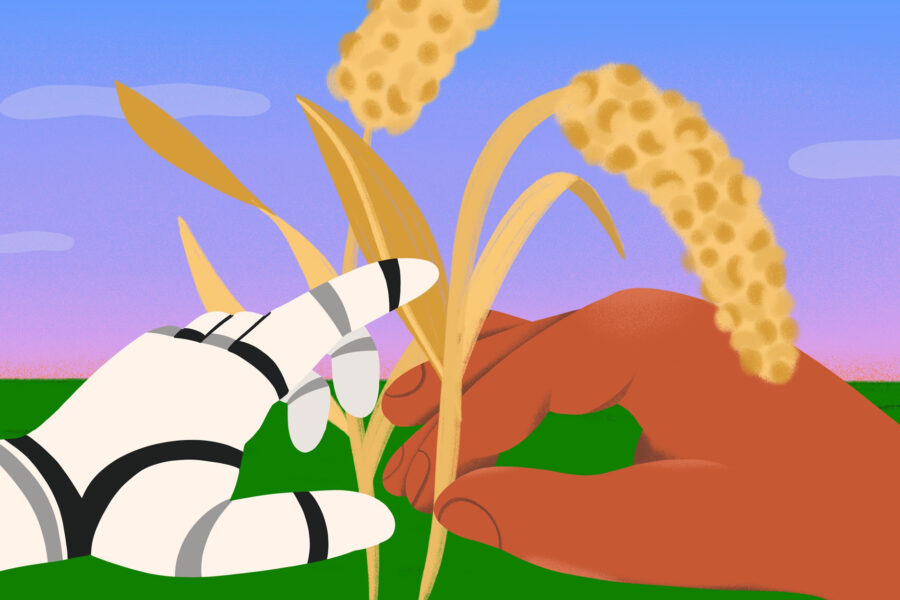
Forging New Frontiers in Computer Science
When Siddhant Bhandari (M.S. ’23) and Surbhi Hirawat (M.S. ’23) got together for dinner one evening, they had no idea it would inspire them to do research to help preserve their Indian traditions.